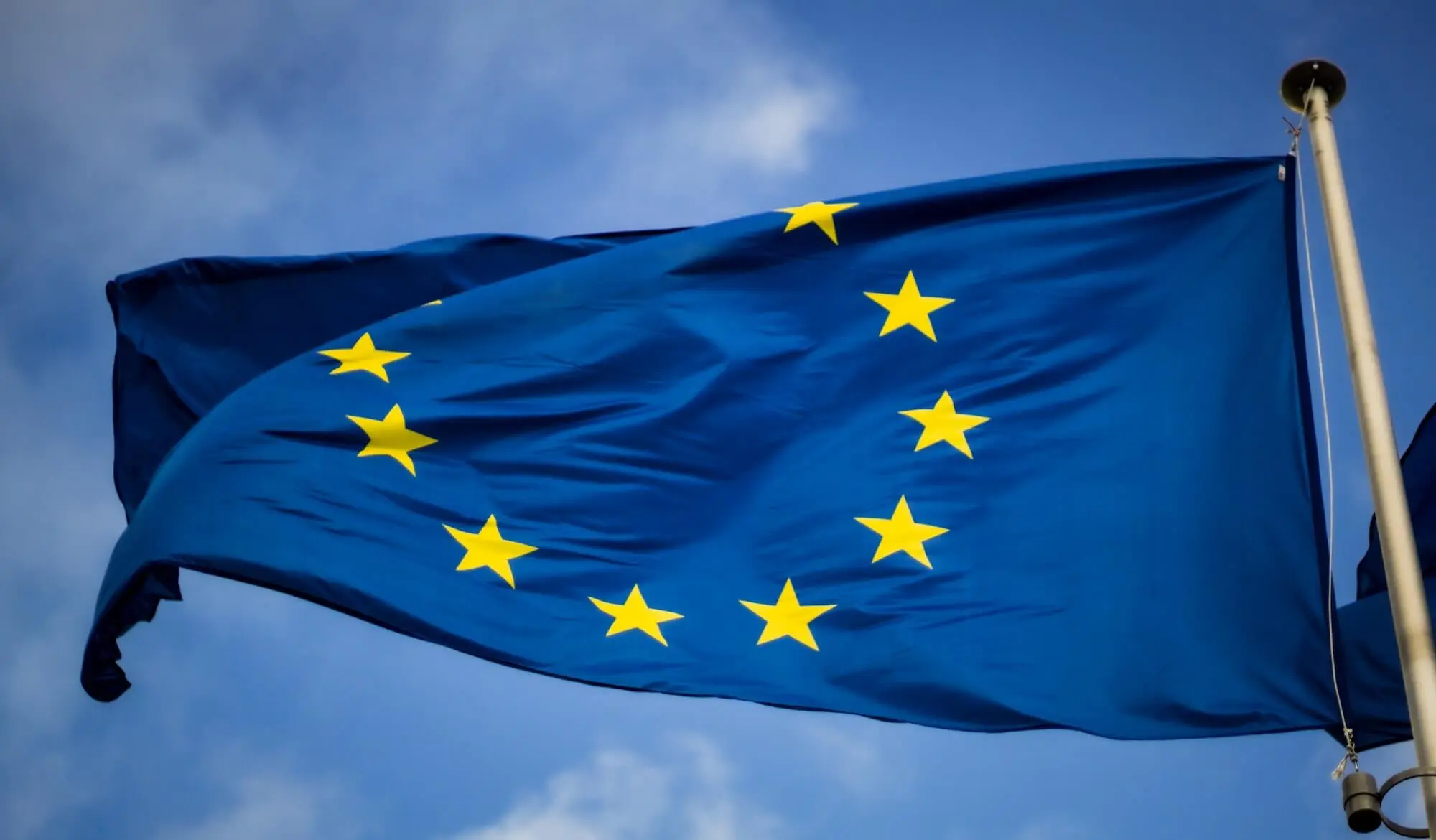New EU Regulations Limit Transactions Over €1k
The European Union has passed a bill severely limiting all crypto transactions.

The EU has been going after crypto very aggressively over the past year or two. The view of EU regulators is essentially that crypto is a dark money pool used solely for money laundering. Now, we all know that’s not fully true, but it’s hard to say that’s not part of it.
In particular, the EU is not a fan of the anonymous nature of cryptocurrencies. They’ve been pushing regulation that has encroached on that privacy, which has resulted in actions like MetaMask tracking your IP address. There have also been bills passed outlawing anonymous transactions over €1,000.
The Europeans were never really in favor of anonymous cryptocurrencies, but they really stepped up their aggression after the Russian invasion of Ukraine. As fallout from the war, Russia was sanctioned by most Western countries, and due to that many wealthy Russians scrambled to get their money out of Russia. The most effective way to do that was through cryptocurrencies. At one point, Bitcoin within Russia was trading at a $20k premium.
Now the Europeans are banning crypto purchases over €10,000 and will be putting significant hurdles in place for transactions above €1,000, including the limitation of self-hosted wallets and forced due diligence on companies hosting those wallets. In short, if you want to put any amount of money into crypto from within the EU, you can’t manage your own wallet and you’ll have to KYC in.
It’s not clear how much long-term damage this is going to do to the crypto economy. Europeans will have to start paying their taxes, probably, but this won’t completely remove them. One thing is absolutely certain though, the next billion dollar crypto company will not be started in the European Union. Honestly, I find it hard to believe any major crypto company will be coming out of Europe from now on. I know the Europeans think they’re striking against money laundering and Russian funds, but what’s most likely is that they’re doing even more damage to their already poor long-term economic prospects.
